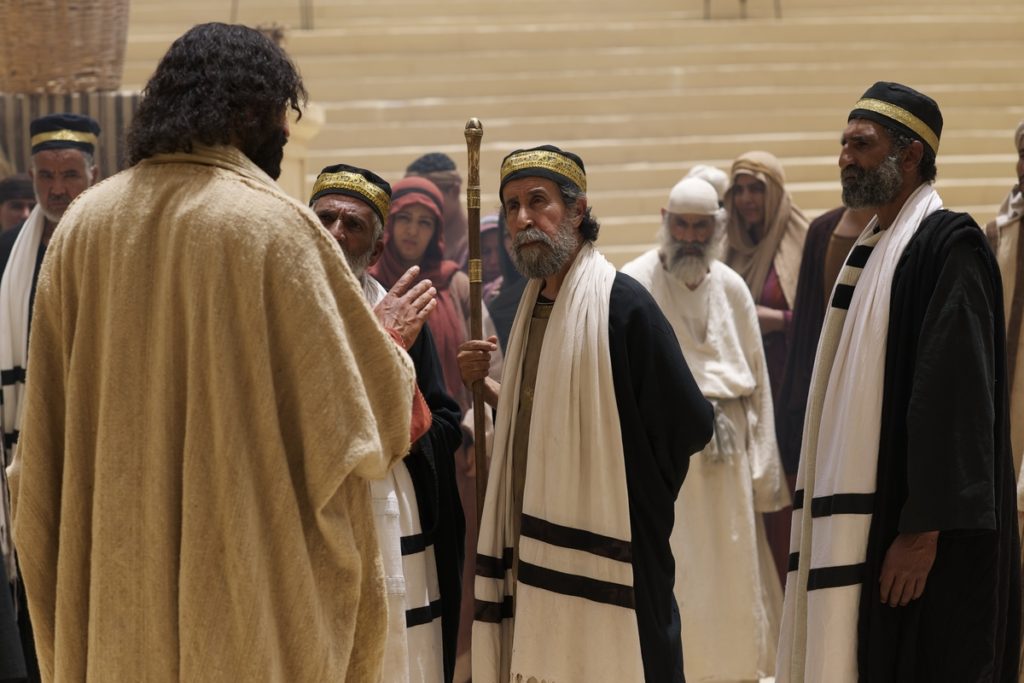
The Spirit Gives Life to the Word
“It is enormously important that we see the role of scripture not simply as being to provide true information about, or even an accurate running commentary upon, the work of God in salvation and new creation, but as taking an active part within that ongoing purpose.”
N.T. Wright, “Scripture and the Authority of God.”
Bible engagement rests on the belief that there should be an unswerving acknowledgement and commitment to the centrality and authority of the Bible.
The Bible is authoritative because all authority belongs to God and is of God. In the Old Testament, the Father exercises authority through the creation of all that is, through His dealings with His people, and through many significant events. In the New Testament, Christ exercises and claims all authority (Matthew 28:18).
The Bible is also authoritative because God speaks and sustains His Word. Bible engagement rests on the understanding that the Spirit gives life to the Word and does so by enabling the reader or listener to hear the Word and live it out.
A point of order is necessary at this juncture. A central insight of the Reformation is that God is the absolute authority. If God is the absolute authority then the Bible can’t contend for that authority. How then, if the authority of the Bible cannot be considered absolute, should its authority be understood? The answer to this question, according to the Anglican scholar N. T. Wright, is that the authority of Scripture is delegated or mediated… from that which God himself possesses.” So when we use the phrase “the authority of the Bible, it can only make sense if it’s a shorthand for “the authority of .. God exercised … through Scripture.
To continue, the purpose or goal of authority is to bring us to a place of liberty – to set us free so that we come to know fullness of life in Christ Jesus John 10:10). God expresses His authority through judging and condemning sin in the world in a way which will save and sanctify people. His intent is to redeem and remake the world, through the sovereign exercise of His power and love, so that we can be fully human.
Scripture texts like Romans 15:4, 2 Timothy 3:16-17, and Hebrews 4:12 indicate that the Bible is an integral component in God’s plan, i.e., it’s part of the means by which God directs the process of salvation and sanctification. Wright says that the Bible “is designed to function through human beings, through the church, through people who, living still by the Spirit, have their life molded by this Spirit inspired book.”
In recognizing that the Bible is designed to function through us, then the exercise of God’s authority to make us fully human is not an end in itself. God saves and sanctifies us for a purpose. Our purpose is to do what Jesus did (ohn 20:21). We are to go into the world to speak and enact His will. The Great Commandment (Matthew 22:37-39) and the Great Commission (Matthew 28:19-20), in particular, serve to direct us to these ends.
All told, Bible engagement can only happen when we submit our authority to God’s authority. It’s hypocrisy to affirm the authority of the Scriptures but functionally disobey them in our everyday lives. We cannot and must not usurp God’s authority by replacing it with self-sovereignty. Bible engagement can’t happen if we do not surrender our inclination to control God. Quite simply, when we engage with the Word we cannot and should not try to fit God into our preconceived ideas of what He should be like or what He should do.
The Bible is not an end in itself. God is God – we must receive His Word as people under His authority and act on it in ways that bring honour and glory to Him. That’s not to say that coming under the authority of God and His Word is a fait accompli for most of us. Oxford academic director Ida Glaser observes that, “In fact, none of us starts by accepting God’s revelation in Christ or in the Bible … we need God to lead us to this understanding and he leads us all in different ways.”
Content from Bible Engagement Basics, credit Lawson, SU Canada
Watch this week’s Encounter With God Together
Read this week’s Encounter With God
